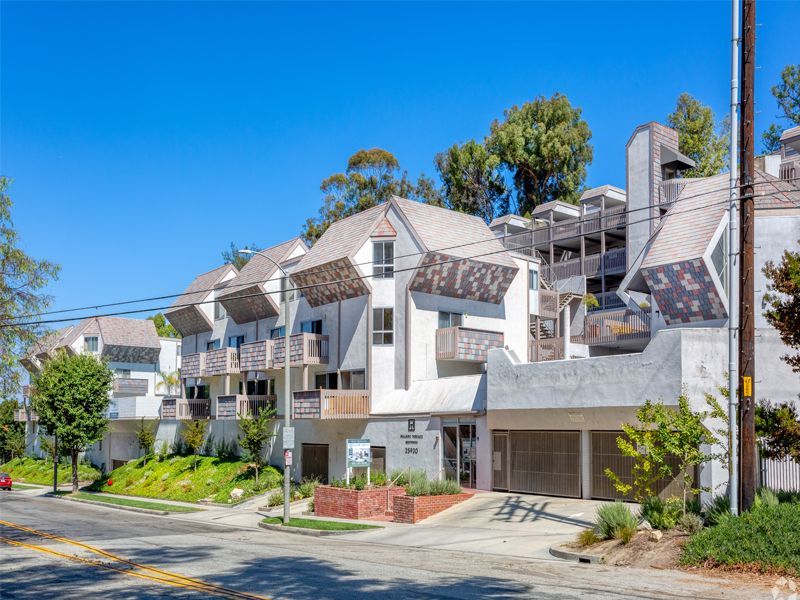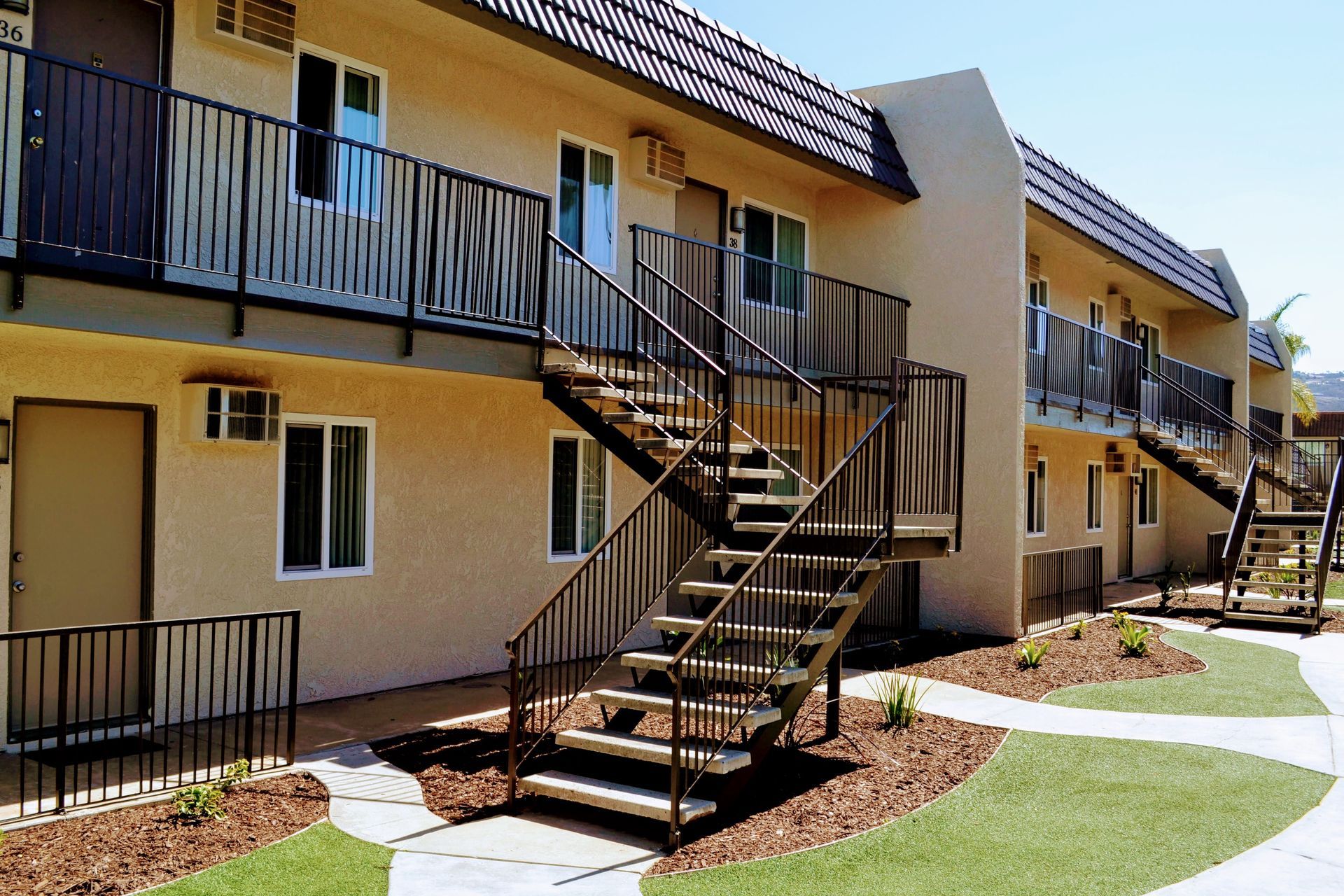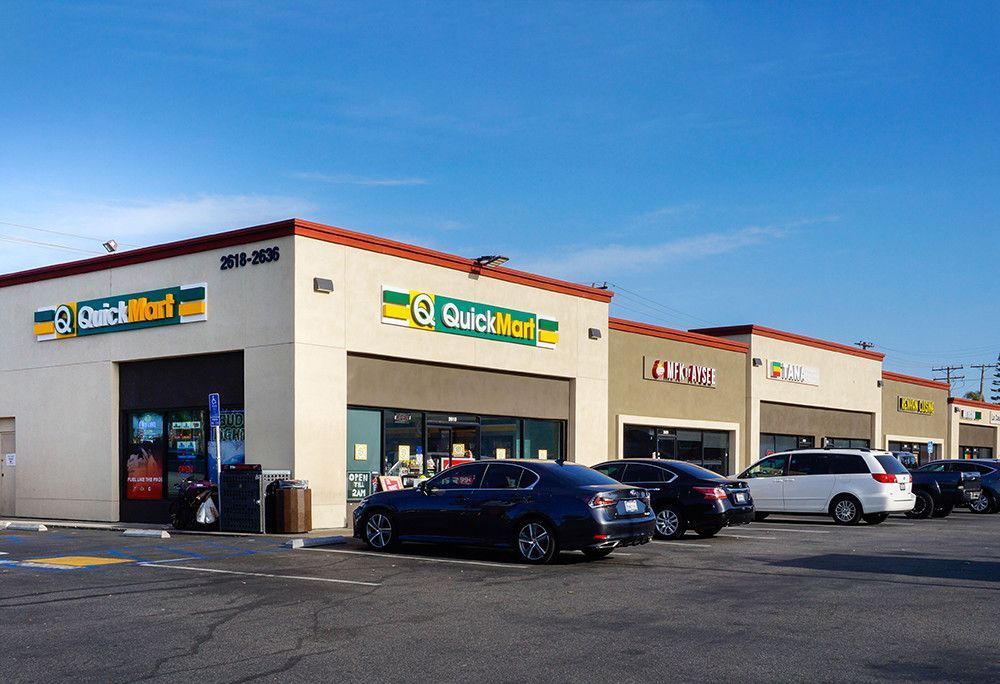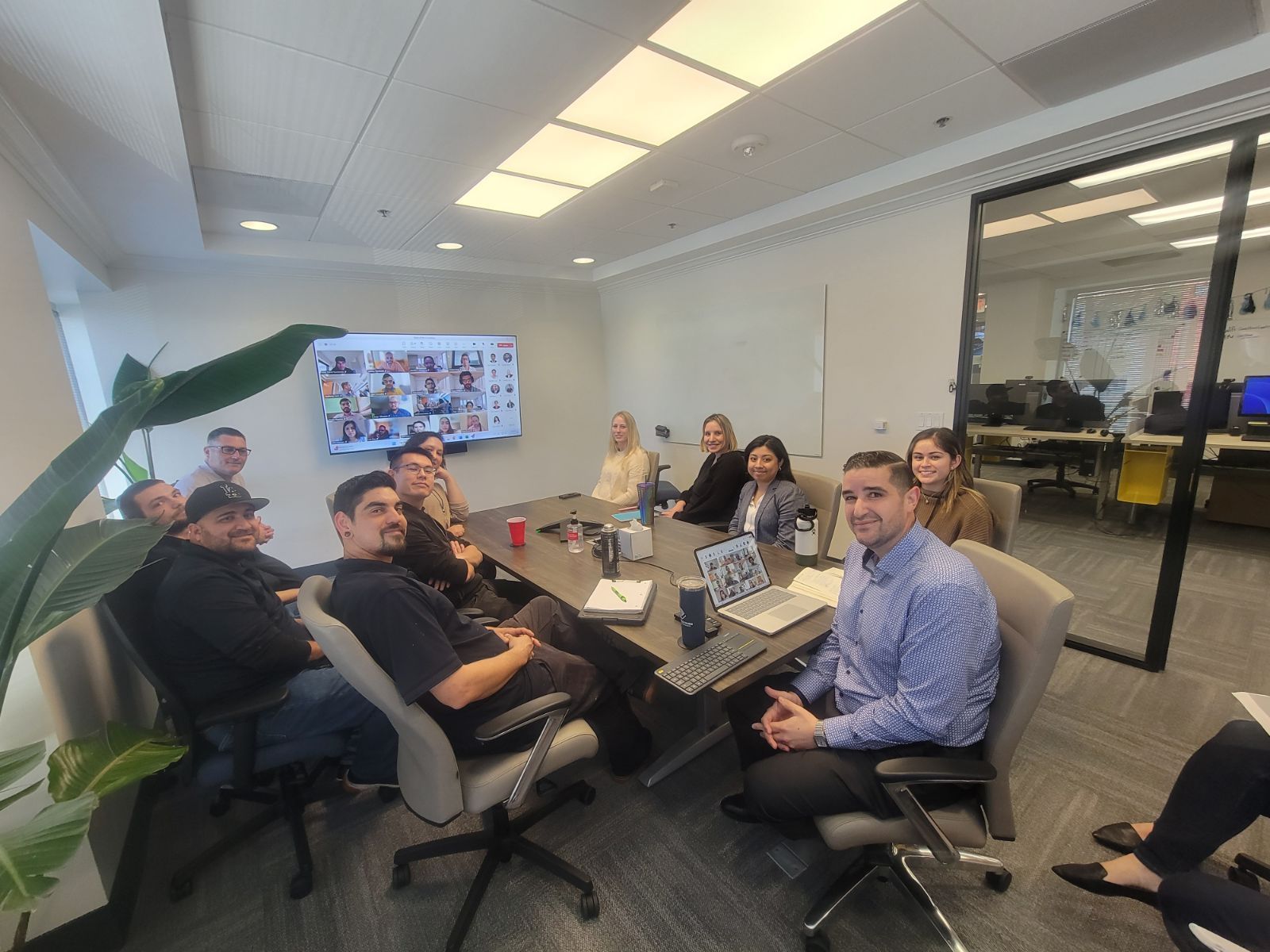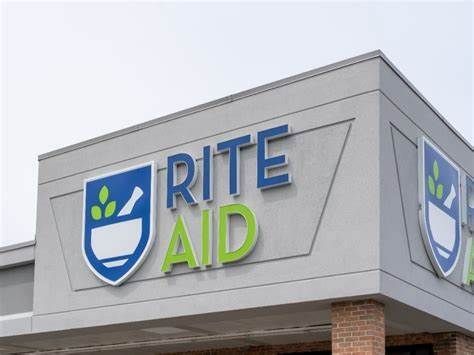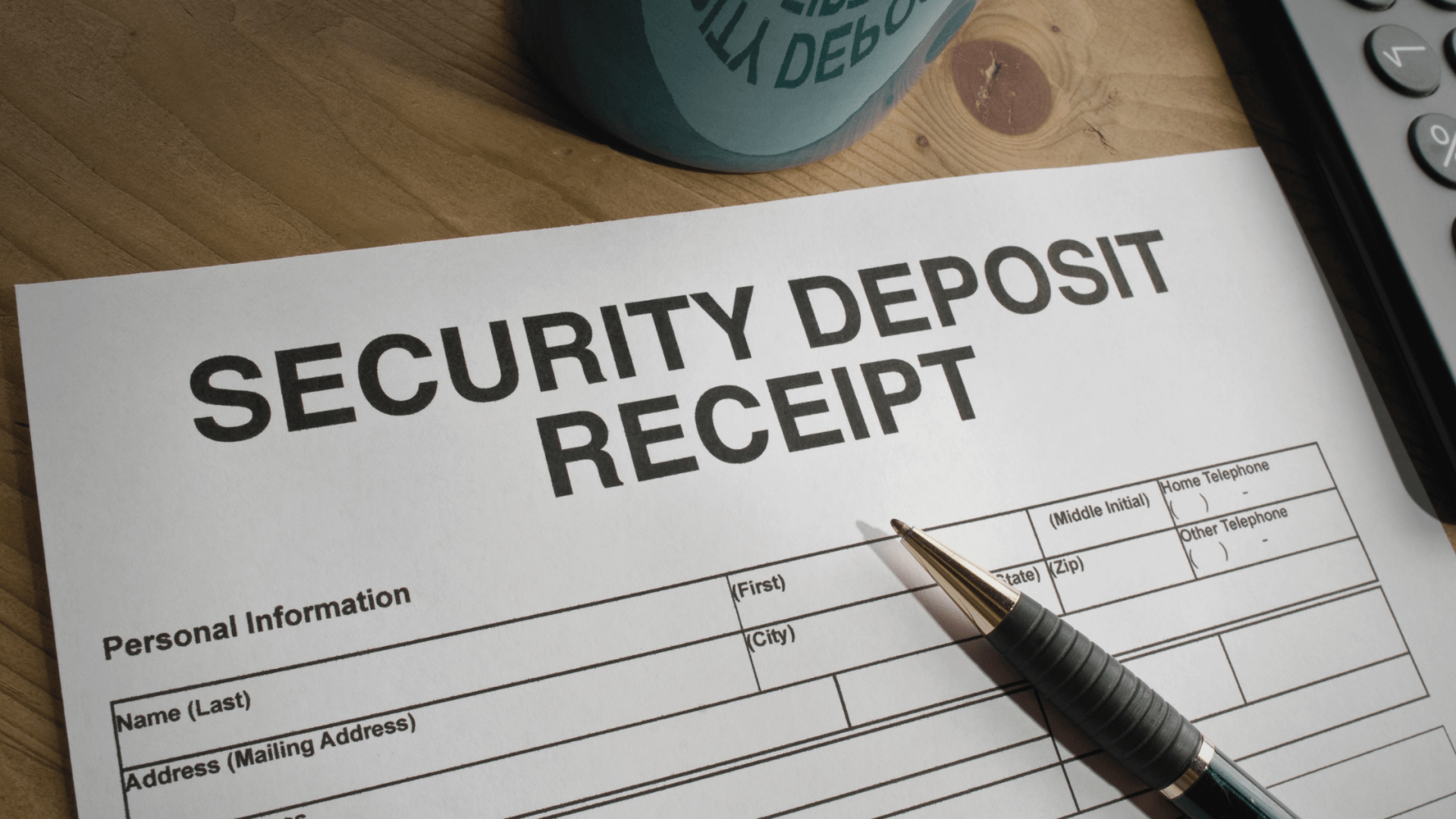Property management software helps landlords and their professional property managers, manage rental properties by doing things like collecting rent online, managing leases, coordinating maintenance requests, and marketing properties through integration with listing sites like Zillow and Realtor.com.
With all of these things to deal with, property management has a lot of moving parts, so property managers are always worried about efficiency. In fact, 45% of property managers wished to improve efficiency.1 Using property management software leads to higher efficiency rates, which means more productivity and the potential for leasing more units at a quicker pace—all of which boosts overall revenue.
We reviewed more than 20 property management software companies based on features, ease of use, customer reviews, and more. These are our top picks.
The 7 Best Property Management Software of 2020
- AppFolio : Best Overall
- Buildium : Runner-Up, Best Overall
- TenantCloud : Best Price
- MRI Software : Best for Commercial Property
- Yardi Breeze : Best for Additional Features
- Propertyware : Best for Single Family Homes
- Rentec Direct : Best for Smaller Landlords
Best Overall: AppFolio
Founded in 2006, AppFolio’s mission is to provide great software and service while keeping the customer in mind each step of the way. The company has an A- rating with the Better Business Bureau but isn’t accredited.2 It has offices throughout California, as well as in Boston and Dallas. AppFolio is cloud-based software and has an app that allows all of its features to be used on any device. AppFolio is our best overall property management software because of its diverse features and ability to manage a wide array of property types.
AppFolio specializes in:
- Multifamily properties
- Single family properties
- Student housing
- Condominiums
- Homeowner associations (HOAs)
- Commercial properties
AppFolio Pricing
AppFolio doesn’t offer tiered pricing but instead charges a $400 onboarding fee and then a per unit per month fee based on the number and type of units. The company has a minimum monthly fee of $250, so it’s geared toward property managers or landlords with at least 50 units to be cost effective. The per unit price ranges from $0.80 to $1.50. All AppFolio users have access to all of the software’s features.
AppFolio features are robust and include:
- Rent collection tools
- Accounting software
- Maintenance requests
- Marketing tools to advertise listings across multiple platforms
- Tenant screening services
- Utility billing
- Customizable online leases
Changing property management software providers or using one for the first time has a learning curve and it usually takes about 30 days to become fully integrated. AppFolio provides a 1st Month Success Guide to show users all of its features and help them get acclimated to the system. There are online portals for residents and owners that make using all of AppFolio's support tools relatively easy. Customers gave AppFolio generally positive reviews in part because they can communicate with their tenants right through the software.
Runner-Up, Best Overall: Buildium
Buildium was founded in 2004 and is headquartered in Boston. The company focuses on customers first and understands property managers because the founders started out managing their own properties. Buildium has an A+ rating with the Better Business Bureau and has been accredited since 2015.3 It’s cloud-based and also has an app, so managing properties can be done on the go. It caters to residential property managers and also offers association management software.
Buildium specializes in:
- Residential properties
- Student housing
- Affordable housing communities
- Landlords or property managers with 50 or more units
Some of Buildium’s features include:
- Rent collection
- Accounting software
- Property inspection tools
- Marketing tools including syndicated listings across the Zillow network
- Renters insurance
- Leasing tools including auto-fill templates and e-signature leases accessible from any device
- Tenant screening services
Buildium Pricing
Buildium pricing starts at $50 per month, but each feature that you add is an additional expense unless you have over 100 units—then you can customize your plan. There are two tiers of service, both of which come with a free 14-day trial period.
Essential
- $50 per month for up to 20 units
- $99 setup fee
- $1.00 per item for online payments
- $5 for electronic lease signing
- Lease management, accounting, maintenance, and property message board are included
Growth
- All Essential features are included as well as complimentary lease signing
- $160 per month up to 20 units (an additional fee applies for each additional unit over 20)
- If you manage more than 100 units, you can completely customize your plan
Similar to AppFolio, the service features resident and owner portals that make using Buildium relatively easy. There are also self-help tools and articles on a variety of topics. It takes about 30 days for a landlord to set up their business on the system. Customers like that Buildium is accredited by the BBB and is well known in the property management industry. The company's positive reviews, reasonable pricing, and quick setup time are why we named it our runner-up.
Best Price: TenantCloud
TenantCloud was founded in 2014 with the goal of saving landlords time and simplifying the property management process. Property managers in almost 40 countries use the service. TenantCloud has an A+ rating with the Better Business Bureau, but is not accredited.4 TenantCloud is a cloud-based service and it also has an app so it can be used anywhere at any time. It’s ideal for property managers or landlords on a budget and, unlike most other solutions we reviewed, offers a free tier of services.
TenantCloud specializes in:
- New landlords
- Landlords or property managers with one to 500 units
- Budget-conscious customers
Some TenantCloud features include:
- Rent collection
- Residential lease templates
- Marketing website to market vacant listings to listing partners
- Rental applications
- Insurance reminders
- Equipment and service reminders
- Maintenance requests
- Tenant screening
- Market reports with data
- Accounting
TenantCloud Pricing
TenantCloud offers both free and paid pricing options, which is why we named it our best-priced option. In addition, if you opt for a paid tier and want to save additional money, you can pay for your service annually and get two free months.
Basic
- Free up to 75 units
- Includes one administrative account
- Maintenance requests
- Online leases and 10 notice templates
- Online rent payments and late fees
- Basic accounting worksheets
Standard
- $9 per month up to 150 units
- Includes all Basic features plus unlimited notice templates
- Online payments
- E-signature
- Google calendar sync
Advanced
- $35 per month up to 500 units
- Includes all Standard features plus administrative accounts
- Property messenger board and customer support
TenantCloud has online portals for residents, owners, and service pros, which makes paying rent and managing maintenance requests easy. Customers rave about its functionality and low pricing structure but sometimes find it hard to get in contact with customer service representatives.
Best for Commercial Property: MRI Software
MRI Software was founded in 1971 and has advanced tremendously over the years to now offer both cloud-based software and an app. The company is based just outside of Cleveland, Ohio, but is a global company with offices in seven countries. MRI is geared toward commercial landlords and property managers. Its goal is for users to increase property occupancy while reducing costs. MRI has no rating with the Better Business Bureau.5
MRI specializes in:
- Commercial properties
- Residential properties
- Facilities management
- Public and affordable housing
- Large investor portfolios
- International properties
MRI features include:
- Online rent collection
- Maintenance requests
- Lease templates
- Tenant screening insurances
- Integrated accounting
- Multifamily insurance
- Resident Communication
- Manager compliance
- Investor relations
- Rent & vacancy tracking
- Credit risk management
MRI Pricing
MRI offers a large array of services catering to different clients, so it doesn’t provide general pricing information. Instead, you can request a free demo and request more information on their site. They tailor their pricing to the specific needs of the customer such as leasing, accounting, and rent collection services or facility management and analysis services.
MRI customers report that the company’s platform is easy to navigate and has helpful customer service agents who really know the software. MRI has a long history and has streamlined its services so it's easy for tenants and landlords to use intuitively. As with other software in our review, MRI property management software has resident and owner portals that make communication and tasks more efficient. The platform's ease of use and focus on commercial property are why we named it for commercial property landlords.
Best for Additional Features: Yardi Breeze
Yardi was established in 1984 in Santa Barbara, California, and Yardi Breeze was created to help small to midsize landlords and property managers streamline operations. It’s a cloud-based platform but doesn’t offer an app specifically for its property management division. However, it does have a unique feature that allows users to take photos with their phone or tablet and attach them to a maintenance request through the online portal. Yardi is rated B- by the Better Business Bureau.6
Yardi Breeze specializes in:
- Small to medium-sized portfolios
- Residential units
- Commercial units
- Mixed-use buildings
Yardi Breeze features include:
- Online rent collection
- Rental applications
- State-based lease templates and addendums
- Maintenance requests with attached photo options
- Accounting
- Marketing with Rent Cafe, which is a powerful internet listing service
- Task and activity calendars
- Outsource payments and check writing
- Renters insurance
- Tenant communication options
- Move in and move out workflow sheets
Yardi's long list of available features and its ease of use are why we named it best for added features.
Yardi Breeze Pricing
Pricing starts at $1 per unit per month with no setup fees. There isn’t a minimum or maximum number of units, but the minimum monthly spend is $100 for residential portfolios and $200 for commercial and mixed portfolios. Breeze Premier and Yardi Voyager are upgrades, and Premier has a minimum monthly cost of $400. More pricing details are available when you contact Yardi directly.
Customers say that Yardi Breeze is easy to use and the system is easy to understand. The customer service team is said to be helpful and friendly but doesn’t always have answers to technical problems. Yardi Breeze offers free training and customer support to help you set up your account or switch over from another property management software within roughly 30 days.
Best for Single Family Homes: Propertyware
Propertyware was founded in 1998 in Richardson, Texas. It’s geared toward single family home portfolios and caters to landlords and property managers with residential properties, specifically focusing on portfolios with 250 or more homes. It has offices in North America, Europe, and Asia. Propertyware has a C+ rating with the Better Business Bureau but is not accredited.7 It is also cloud-based and has an app so it can be used anywhere.
One of Propertyware’s missions is to be easy to use for tenants, landlords, and property managers. Their niche is single family homes, so the software is less complicated than those that also cater to commercial properties. Users like the variety of features but found it difficult to get in touch with customer service agents at times.
Propertyware specializes in:
- Single family homes
- Portfolios of 250 or more single family properties
Propertyware features include:
- Online rent collection
- Maintenance requests
- Accounting
- Vacant property marketing with leasing agents on call who can schedule property tours
- Tenant screening services
- Marketing with listing syndication
- Lead tracking and follow-ups
- Portal for vendors
Propertyware Pricing
Propertyware has three pricing tiers with minimum monthly costs for each one. These minimums make it better suited to larger portfolios. You can contact Propertyware directly to customize a plan suited to your needs.
Basic
- $1 per unit per month with a $250 minimum
- Implementation fee is 2x the monthly subscription price
- Includes maintenance, tenant screening, marketing, unlimited storage, online payments, and accounting
Plus
- $1.50 per unit per month with a $350 minimum plus implementation fee
- Includes all Basic features plus inspections and e-signature
Premium
- $2 per unit per month with a $450 minimum plus implementation fee
- Includes all Plus features and vendor portals and maintenance project management
Propertyware's low price per unit and comprehensive residential management tools are why we named it best for managing single family homes.
Best for Smaller Landlords: Rentec Direct
Founded in 2007 in Grants Pass, Oregon, Rentec Direct offers property management software and tenant screening services for landlords or property managers with smaller portfolios. It was started by a landlord who managed his properties himself using scrap paper but wanted a better system. He used his background in software development to launch Rentec Direct, which is a cloud-based software and has an app for owners/property managers and a separate app for tenants. It’s rated A+ with the Better Business Bureau and has been accredited since 2011.8
Rentec Direct specializes in:
- Landlords and property managers with up to 5,000 units
- Landlords with 10 properties or less and has its own free software version for them
- Self-managed homeowners associations
Rentec Direct features include:
- Online rent collection
- Maintenance requests
- Accounting
- Tenant screening services
- E-signatures
- Maintenance requests
- Unlimited user accounts so team members can have access
- File storage and sharing
- Online applications
- Marketing and syndicated listings
Rent Direct offers free U.S.-based customer service, and the software is easy to learn. Customers provide positive reviews in regard to ease of use, the customer service team, and overall value. These positive reviews and low price tier are why we named it best for smaller landlords.
Rentec Direct Pricing
Rentec offers a free basic service for landlords with 10 properties or less, and you can call to find out what features it includes. There are also two additional tiers, both offer the first two weeks free. Rentec Pro is $90 per month and Rentec PM is $100 per month. They both include rent collection, maintenance requests, and accounting services. Tenant screening is additional and the cost varies from $7 to $15 per report depending on the type of screening. The main difference between Rentec Pro and Rentec PM is that Rentec Pro is for landlords and Rentec PM is designed for property managers who manage properties on behalf of owners and need trust accounting support.
What Is Property Management Software?
Property management is the operation, maintenance, marketing, and leasing of commercial and residential property. Residential, multifamily , commercial, and mixed-use properties are all types of investment properties that require management and have completely different needs. Property management is important because it ensures that the property is maintained, which preserves its value and helps prevent injury and liability due to lack of repairs. It’s also important because it ensures tenants pay rent on time, which increases the property’s return on investment.
Property management software makes it easier for the landlord or property manager to oversee the properties they control. These systems make it easy to keep all books and records related to a property in one easy-to-access tool. They also streamline the management process, creating more time for other tasks and potentially getting the units rented faster. Property management software is used by landlords, property managers, and facility managers, as well as homeowner associations.
How Does Property Management Software Work?
Property management software is a system that is designed to help landlords and property managers organize everything related to the property they’re managing. Typically, this includes rent collection, lease templates, vacant unit marketing, maintenance requests, and more. This is commonly done on a cloud-based system or an app so it can be accessed from anywhere in the world.
Property management software stores all of the relevant data after it’s been uploaded and has secure dashboards where tenants can log on and pay rent, request maintenance, and communicate with the landlord or manager. These systems are end-to-end platforms where all property-related documents are stored, communication takes place, and transactions are processed.
How Much Does Property Management Software Cost?
The costs of property management software vary as much as the properties being managed. Some systems can be used for free, while others cost $450 or more per month. Generally, if you only have a few properties and just need basic management services, software charges are nominal. If, however, you have a large portfolio or manage commercial properties, you can expect to pay at least several hundred dollars per month for a good property management software. Typically, you’re billed monthly per unit and some companies charge setup fees. Landlords pay the property management fees; unlike tenant screening charges, property management fees aren’t passed onto the tenant.
Property Management Software vs. Hiring a Property Manager
Typically, there are two types of property owners: hands-on and hands-off. A hands-on owner, known as a landlord, manages her own property and would choose property management software over hiring a property manager. She is in control of every aspect of the property, including the tenant selection, and wants to save money on certain items and remain aware of home repairs and any unpaid rent issues.
A more hands-off owner will leave the management up to a professional. A typical property manager charges between 8% and 20% of the rental income as their fee. This fee varies based on services needed such as paying bills, collecting rent, and supervising maintenance requests. The advantage here is that, as an investor, you get more free time and never have to deal with a tenant or a leaky toilet at 2:00 a.m. Of course, you still have to find a trustworthy property manager and pay their fees.
How We Chose Property Management Software
To identify property management software for this list, we looked at about two dozen different systems. We reviewed each program based on the features it offered, its ease of use, the strength of the technology, and its pricing structure. We also reviewed their customer ratings, reputations, and the types of properties and customers they service, in order to identify our top choices.
Property Management Made Easy
Contact Us - Contact Page
We will get back to you as soon as possible
Please try again later
Los Angeles
1411 W. 190th St.,
Suite 225
Los Angeles, CA 90248
Temecula
41743 Enterprise Circle N.,
Suite 207
Temecula, CA 92590

P.O. BOX #1489
TORRANCE, CA 90505
